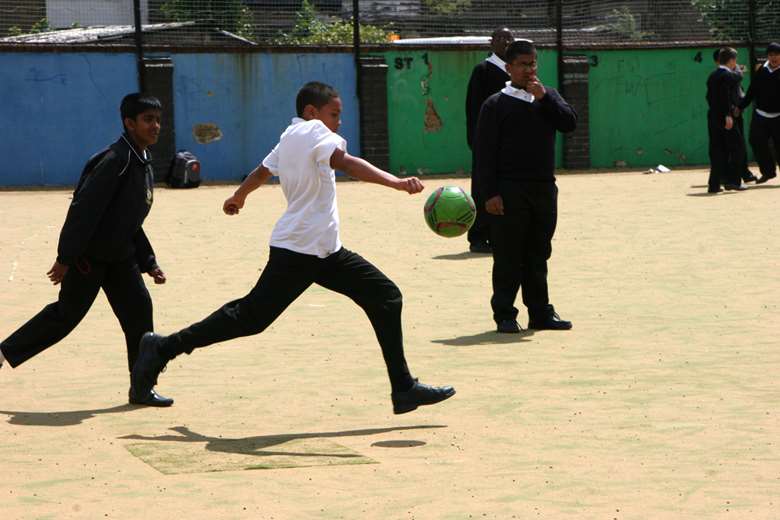Disadvantaged pupils to 'miss out' on school places under academy plans
Jess Brown
Friday, April 15, 2016
Disadvantaged children will find it more difficult to get into the school of their choice under government plans to convert all schools into academies, it has been claimed.

A report published today by the Sutton Trust found that more than 1,500 primary schools in England are “highly” socially selective, and take on far fewer disadvantaged pupils than there are in their local area.
But it has been claimed that the situation will get worse as a result of government plans to require all schools, including primary schools, to become academies by 2022, as outlined in the Department for Education’s Education Excellence Everywhere white paper.
Education consultant John Freeman said that, “without a doubt”, selectiveness will worsen under the government's plans to convert all schools into academies.
Academies must follow the same guidelines as schools that are maintained by the council, but are given more freedom over admissions. Government guidance states that academies “are their own admissions authority”.
Freeman said “though academies are required to follow the law on admissions and exclusions, the spirit and intention of the law can easily be subverted by underhand tactics, and it’s easier not to have ‘difficult’ children in your academy".
Ofsted, regional schools commissioners and local authorities need to “take a long hard look at academy practice and the framework of incentives, and to take action, robustly and without fear or favour, when malpractice is found”, he added.
The Sutton Trust report concluded that there is a link between a school’s performance and how socially selective it is.
One per cent of schools in the bottom 10 per cent for performance are also in the top 10 per cent most socially selective schools. However, 14 per cent of schools in the top 10 per cent are also in the top 10 per cent of socially selective schools.
It also found that the 100 most socially selective schools used up to 18 categories to decide on oversubscribed places, compared with five used by "the typical school".
The report has called for tighter admissions policies to make sure that all disadvantaged pupils have fair access to their local primary schools.
Peter Lampl, chairman of the Sutton Trust, said: “Disadvantaged young people should have the same chance of accessing the best state school in their neighbourhood as their better-off neighbour.
“We have previously documented social selectivity in secondary schools, but today’s findings warn us that primary school admissions are far from a level-playing field.
“We need to make sure that oversubscribed schools do more to prioritise pupils from disadvantaged homes and the schools adjudicator does more to prevent parents from gaming the system.”
Nansi Ellis, assistant general secretary of the Association of Teachers and Lecturers (ATL), said further academisation would lead to further segregation between pupils.
"We are worried that increased competition for school places will further exacerbate the social segregation in schools, with wealthier parents able to buy properties closest to favoured schools and children from poorer families being squeezed out and concentrated in the less popular schools.
“This is even more concerning in the context of the education white paper.
"Research shows many academies are not taking in a proportionate number of children from disadvantaged backgrounds, BME children and children with SEND, in relation to their catchment area. In the past, we've heard of academies selecting certain parents to attend open days or evenings. Many admissions policies are complex and difficult for parents to navigate.
“The white paper’s push for blanket academisation makes me fear for our most vulnerable young people.”
A spokesperson for the Association of Employment and Learning Providers said: "Primary education can have a major impact on a pupil’s future attainment in English and maths and because this can affect a young person’s chances of landing a high-quality apprenticeship as an alternative to going to university, selectivity would be a concern for us."




